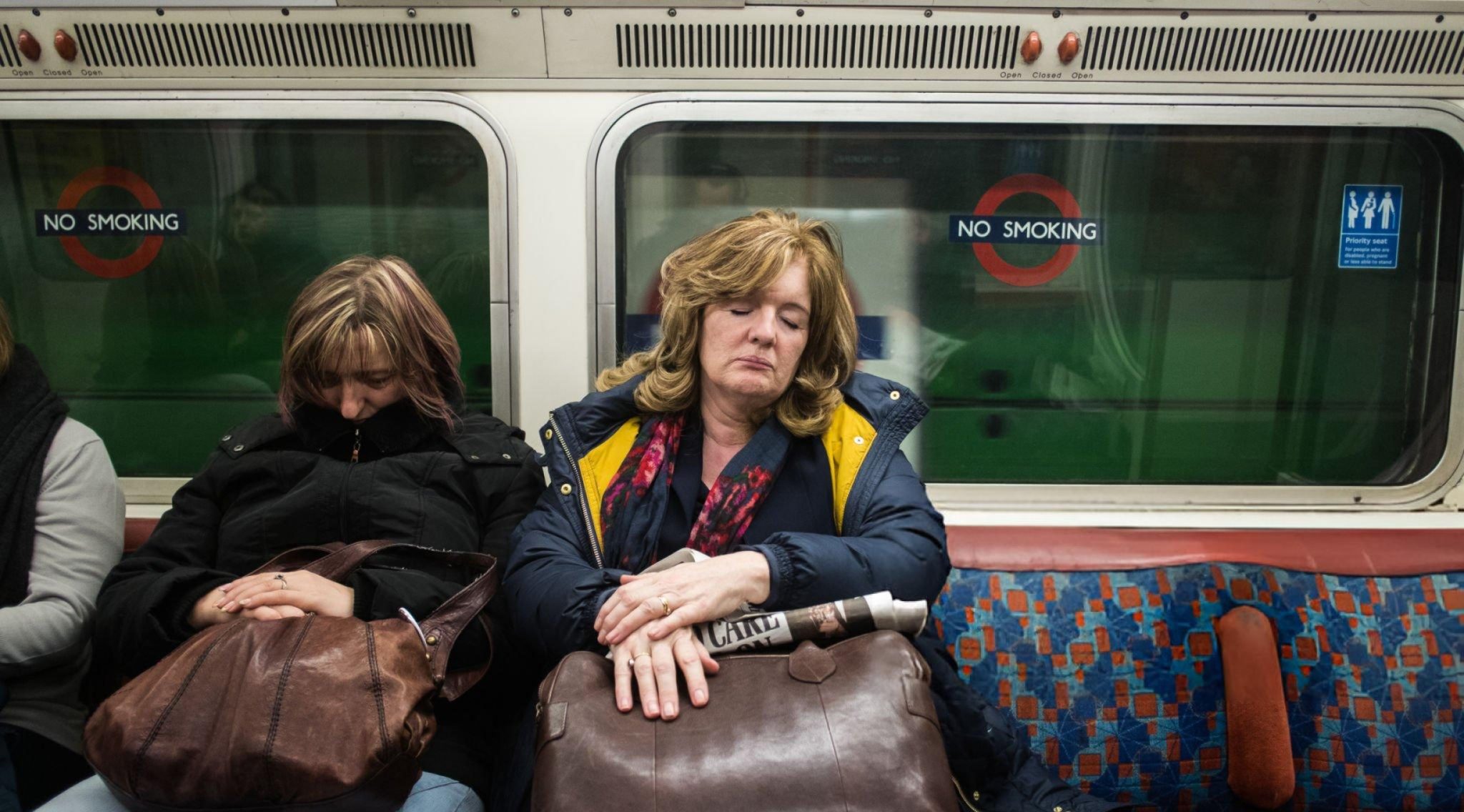There’s a quiet sanctity to the London bus in the early morning — a collective agreement among its passengers to exist, silently, in their own little bubbles. The gentle rumble of wheels, the occasional ding of the bell, the soft shuffle of commuters boarding and alighting. It’s like a meditative ritual — until, of course, it’s completely shattered by that one person who insists on treating the entire bus to their TikTok feed.
Eight in ten Brits agree with me — we’ve had enough.
According to a recent YouGov survey, the vast majority of people are bothered by others playing music or videos out loud on their phones in public. And yet, Transport for London (TfL), the organisation meant to ensure that our journeys are bearable (if not entirely pleasant), has remained completely silent on the matter.
I have misophonia. It’s a condition that causes a strong emotional reaction — often rage, anxiety, or panic — to specific sounds that most people can tune out. For me, that sound is tinny, distorted audio spilling from someone else’s phone. It sets my teeth on edge and makes my blood boil. And the worst part? You can’t escape it. You’re stuck there, wedged between strangers, enduring a new hell with every scroll of someone’s Instagram Reels.
Misophonia isn’t just about being “a bit sensitive.” It’s involuntary. It’s visceral. It ruins my day. And in the confined, shared space of public transport, it turns a simple commute into a personal nightmare.
It’s not just me who suffers, either. Everyone, misophonia or not, looks around in that passive-aggressive British way when someone blares music on a bus. You know the look: the purposeful sigh, the side-eye, the pointed shifting in seats. But saying something aloud? Too confrontational. Far too un-British.
The problem is escalating. Headphone dodgers — those bold souls who play audio aloud without earphones — are growing in number and in volume. It’s no longer just one teen with a grime playlist. It’s TikToks, FaceTime calls on speaker, comedy skits, motivational speeches, gym tutorials, pop music — all at once, on loop.
Last week, separate YouGov research revealed that 60% of Brits would support fines of up to £1,000 for headphone dodgers. Yes, people are that fed up. Even the Liberal Democrats have taken notice, proposing amendments to the Bus Services Bill that would outlaw blaring music in public. It’s a small but strikingly popular policy move — and one Labour should seriously consider if they’re paying attention to commuters’ daily frustrations.
And yet, TfL remains mute. Their “Travel Kind” campaign, which urges passengers to be considerate, is colourful but toothless. There’s no specific policy on headphone dodging. No warning signs. No clear line drawn. In 2025, with all the data and discontent available, this silence feels negligent.
TfL needn’t criminalise every inconsiderate commuter. But they could start with an explicit rule, an announcement, even a polite sign in carriages and buses. “Please keep your audio to yourself.” It’s simple, clear, and desperately needed.
Londoners are used to certain indignities: mysterious seat stains, someone eating something with too much garlic at 8am, the occasional unwashed armpit in your face. We endure. We move on.
But headphone dodging is different. It’s new. It’s loud. And it’s entirely preventable. If we can have announcements about keeping our bags off seats and holding the handrails, we can certainly have one reminding people to use headphones.
The serenity of public transport may be a fragile thing, but it’s worth defending. TfL, it’s time to act — not just for misophonia sufferers like me, but for the sanity of us all.






